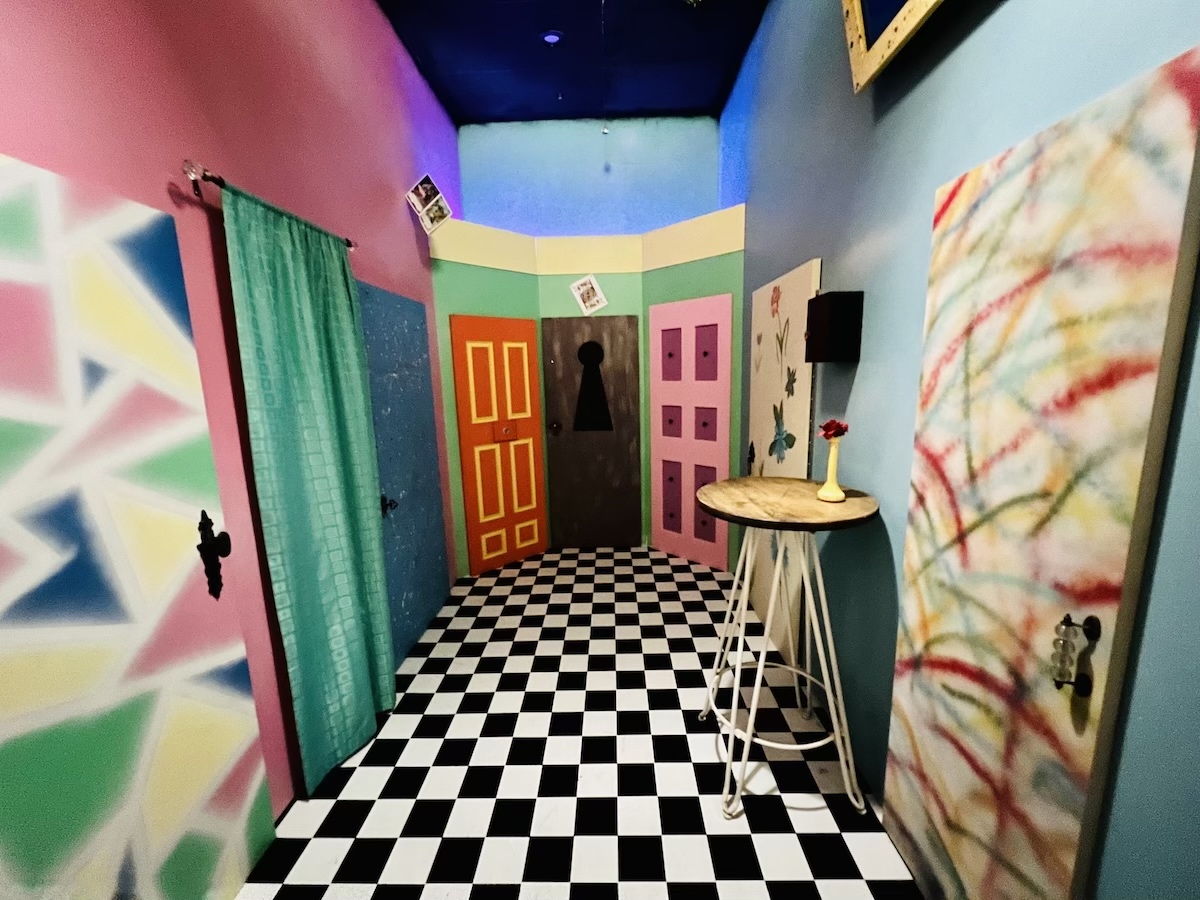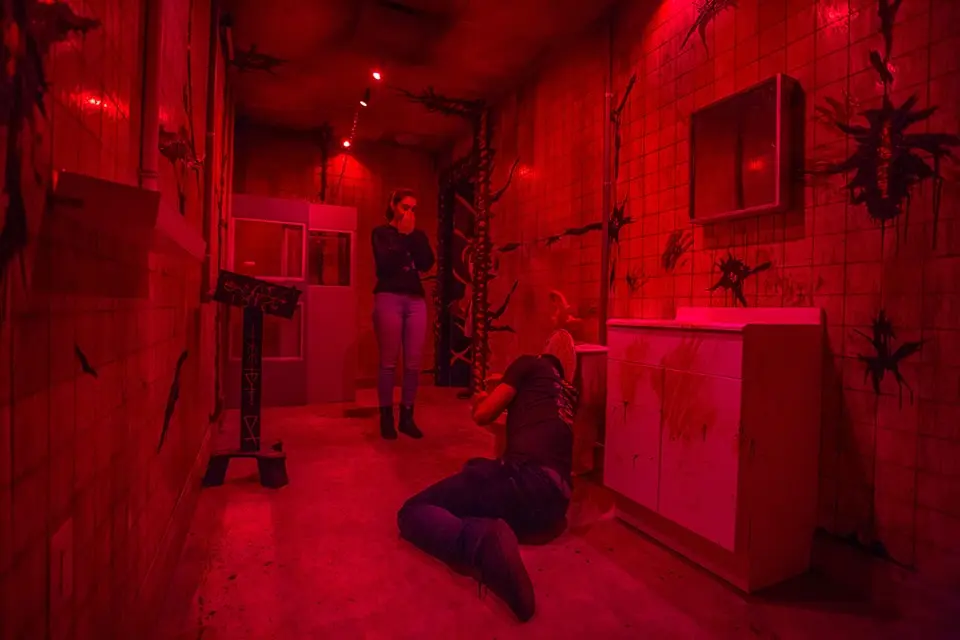Unlocking the Educational Conveniences of Escape Room Obstacles
Integrating getaway area difficulties into educational frameworks provides a special chance to boost important reasoning, promote teamwork, and develop analytical skills amongst trainees. These interesting activities imitate real-world scenarios, promoting a setting of active knowing where academic principles transition into functional applications. By combining home entertainment with education and learning, escape rooms not only improve pupil engagement but likewise prepare them for future difficulties, calling for strength and cooperation. As we explore the multifaceted benefits of this innovative method, one should think about exactly how these immersive experiences can improve typical understanding standards. What more possibility does this approach hold for the scholastic world?
Enhancing Important Assuming
Escape area challenges function as a engaging and vibrant device for boosting crucial believing skills. These immersive experiences require individuals to fix a collection of challenges and riddles within an established timeframe, fostering an environment where cognitive abilities are carefully evaluated and established. The nature of getaway rooms requires a methodical approach to analytic, motivating people to evaluate information seriously, recognize patterns, and draw logical final thoughts.
Individuals in getaway room obstacles are usually confronted with complicated troubles that require cutting-edge solutions, thus promoting side reasoning. This sort of reasoning is essential for identifying connections between relatively unassociated ideas and for creating imaginative remedies. In addition, the stress of a ticking clock includes a component of necessity, pressing individuals to assume both promptly and properly.
In addition, retreat area obstacles usually include a selection of challenges that attract different cognitive staminas, such as logical reasoning, spatial recognition, and mathematical abilities. This variety makes sure that participants exercise a broad variety of mental faculties, which is vital to comprehensive cognitive growth. In significance, retreat areas produce a stimulating environment that not just captivates but also grows crucial vital believing abilities, making them a valuable instructional device.
Promoting Teamwork
Collaborating effectively is an essential part of success in getaway room obstacles, as these activities inherently require collaboration amongst participants. The structured atmosphere of an escape area requires that people pool their varied skills, expertise, and point of views to solve intricate problems within a minimal timeframe. This joint method cultivates an understanding of the value of each team participant's contributions, therefore enhancing social skills and shared regard.
In an academic context, retreat rooms offer as a dynamic platform for advertising teamwork among pupils. By participating in these difficulties, students discover to interact more efficiently, delegate tasks based upon specific strengths, and support each other under pressure - escape room orlando. These experiences equate right into improved group characteristics in classroom settings, where participating learning is vital for scholastic success
Moreover, the immersive and interactive nature of getaway areas provides a useful, hands-on experience that strengthens academic principles associated with teamwork. It enables individuals to exercise and improve essential soft skills, such as leadership, active listening, and dispute resolution. Therefore, getaway space tests not just make discovering satisfying yet additionally prepare pupils for future real-world circumstances where synergy is important.
Establishing Problem-Solving Abilities
Establishing analytical skills with getaway room challenges provides a engaging and unique approach for sharpening essential assuming capacities. These interactive atmospheres present participants with a series of intricate problems and circumstances that need ingenious and analytical techniques to fix. By navigating these difficulties, individuals are forced to assume outside package, adjust rapidly to brand-new information, and apply rational thinking in real-time.

The hands-on nature of escape space difficulties fosters a feeling of urgency and exhilaration, which can substantially enhance trainee motivation. They are a lot more most likely to invest initiative and excitement into the discovering jobs when students are involved in a story that requires them to fix problems and overcome challenges. This enhanced engagement can result in much deeper understanding and retention of the product, as students are needed to use their expertise in real-time scenarios.
Additionally, the joint aspect of escape spaces advertises synergy and interaction skills. Trainees need to interact, share concepts, and leverage each other's staminas to prosper. This not just enhances specific engagement but also develops a cohesive discovering area. Therefore, integrating retreat area obstacles into academic settings can be an effective method to raise student interaction and drive scholastic accomplishment.
Verdict

Including getaway room obstacles investigate this site into instructional frameworks presents an one-of-a-kind chance to enhance important thinking, advertise team effort, and create analytical abilities among pupils. As a result, retreat room tests not only make finding out enjoyable yet also prepare pupils for future real-world scenarios where team effort is essential.
Involving students in the discovering process is critical for academic success, and run away room difficulties offer a compelling remedy to this educational imperative. Integrating retreat room difficulties right into academic settings can be a powerful method to elevate student interaction and drive scholastic achievement.
The dynamic nature of getaway areas effectively furnishes pupils with important skills for real-world and scholastic success, ultimately enriching the academic experience and preparing students for future obstacles.